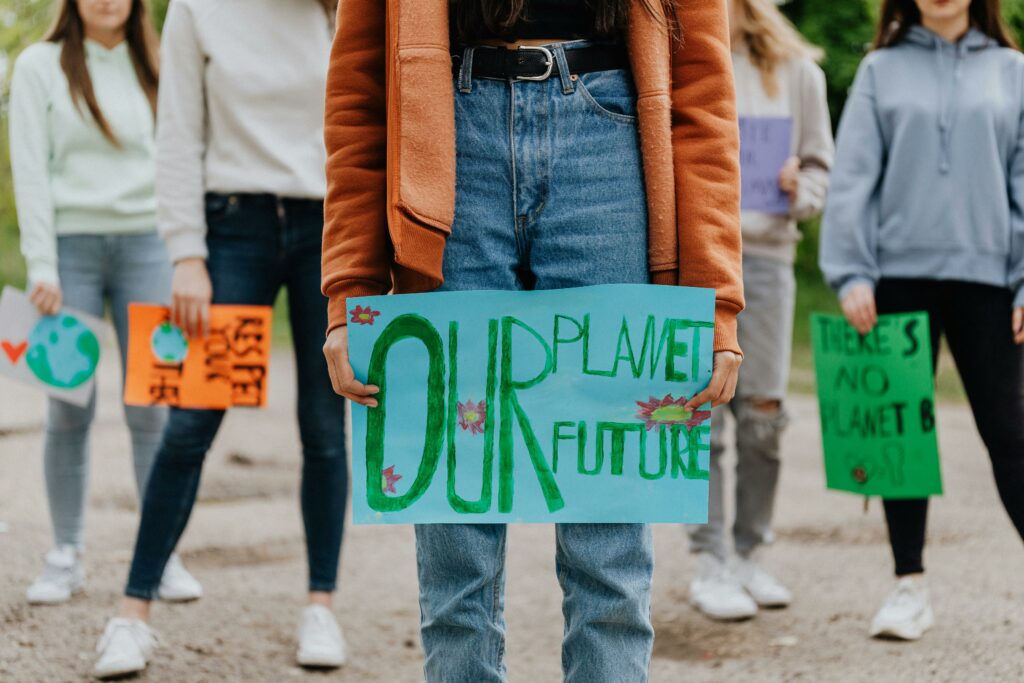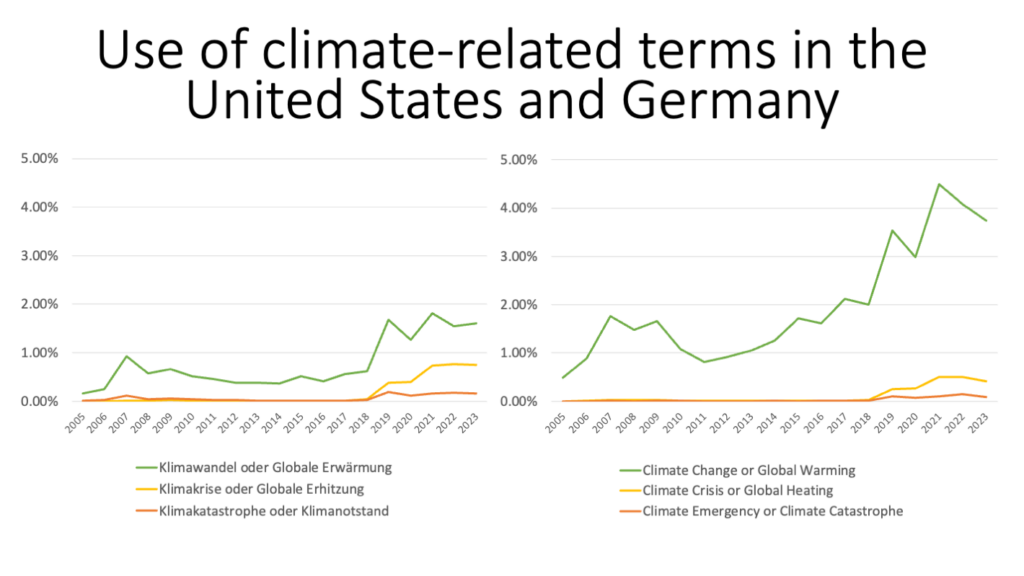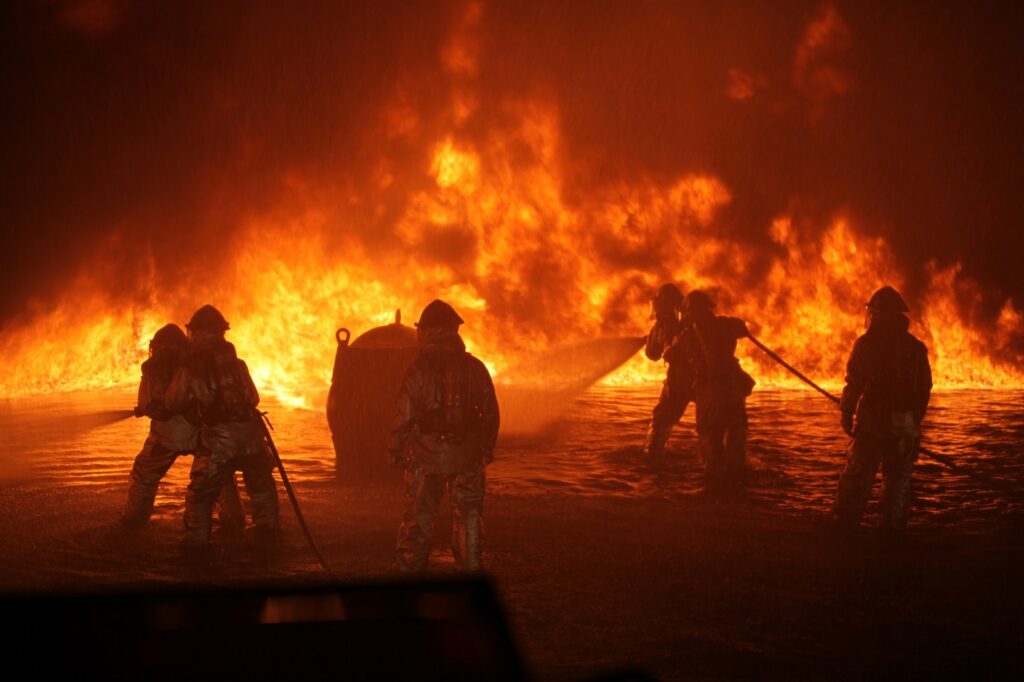Study of the month: Communicating Climate Futures

Despite the IPCC’s ongoing efforts to communicate its findings more simply and effectively, the general public still lacks understanding of the IPCC’s work. Bridging actors like journalists are essential for conveying scientific information — especially for highly contextualized issues such as the model climate scenarios at the core of the IPCC’s reports. This raises the question of […]
Rückschlag für den Klimaschutz: Aktuelle Umfragedaten aus dem Projekt Down2Earth der Universität Hamburg

Die aktuellen Ergebnisse einer seit 2015 wiederholten Befragung der deutschen Bevölkerung zum Thema Klimawandel und Klimapolitik zeigt für 2023 einen Rückgang des Klimabewusstseins. Leugnung und Verweigerung sowie Delegitimierung von Klimapolitik und Protesten sind gestiegen bei weiterhin geringem Hintergrundwissen. Ende 2023 fand die 28. Klimakonferenz der Vereinten Nationen statt, bei der eine Bestandsaufnahme der erreichten Ziele […]
Klimawandel in den Medien

In ihrem Artikel “Klimawandel in den Medien” geben Michael Brüggemann und Louisa Pröschel einen Überblick über das Forschungsfeld der Klimakommunikation und beschreiben, wieso der Klimawandel eine besondere Herausforderung für den Journalismus ist, welche Hindernisse es in der Klimakommunikation in Deutschland gibt und, wie diese überwunden werden können.
Addressing Misconceptions About News Media Coverage of Climate Change

In two simple graphs, we address a number of myths about how news media cover climate change in Germany and the United States. Some people incorrectly assume that climate change (1) has been at the center of journalistic attention for a long time and that (2) this attention has been steadily increasing (3) uniformly across […]
Do people learn about climate change?

How to mobilize citizens, politicians and companies for climate action? Often, knowledge about climate change – or more precisely, a lack of knowledge – is seen as a crucial factor. Basic facts on climate change and climate politics are indeed unknown to a large share of the population. However, ‘educating the public’ is not as […]
Can Art Make (Climate) Models Better?

How do we think about climate futures ahead of us? Different actors tend to use different tools for that. The stream of weather catastrophes in the news media suggests a rather gloomy future. Some recent novels try to paint a more optimistic picture of the decades ahead (see our post on this). International climate politics, […]
Including Public Voices in Scientific Research – Challenges, Prospects, and Pathways

There is a growing demand for public engagement with science. However, many scientists lack training and experience in this form of science communication. Find out more about how and why public engagement may benefit you and your research. In his book ‘The Engaged Scholar – Expanding the Impact of Academic Research in Today’s World’ (2021, […]
Climate Endgame – How to Research and Communicate Extreme Climate Risks?

“Are we screwed?”, “How bad is it gonna get?” – these are the questions that I most frequently get when I mention that I am in climate science. Newspaper coverage of a recent perspective article in PNAS seemed to suggest that we are actually headed towards a global catastrophe with potential extinction and that we […]
Telling the Truth, Uniting Behind the Science – Climate Coalitions and Science’s Place in Society

In recent years, a new wave of climate activist groups, such as Extinction Rebellion, Fridays for Future and the Sunrise Movement have reshaped public debates on climate action. In so doing they refer to scientific evidence. But, how exactly do they understand science’s relationship to society? Drawing on documentary evidence, our recent study argues that […]
Global Climate Change in Local Journalism: How to Make Local Journalists Rethink Their Framing

Not only in photography do choice of angle and frame decide what we see. Photo by Ludovic Charlet, Pixabay. Framing of climate change in local newspapers considerably influences how citizens perceive climate change in their living environment. A master thesis entitled “Global climate change in local journalism” takes a closer look at the main source […]
